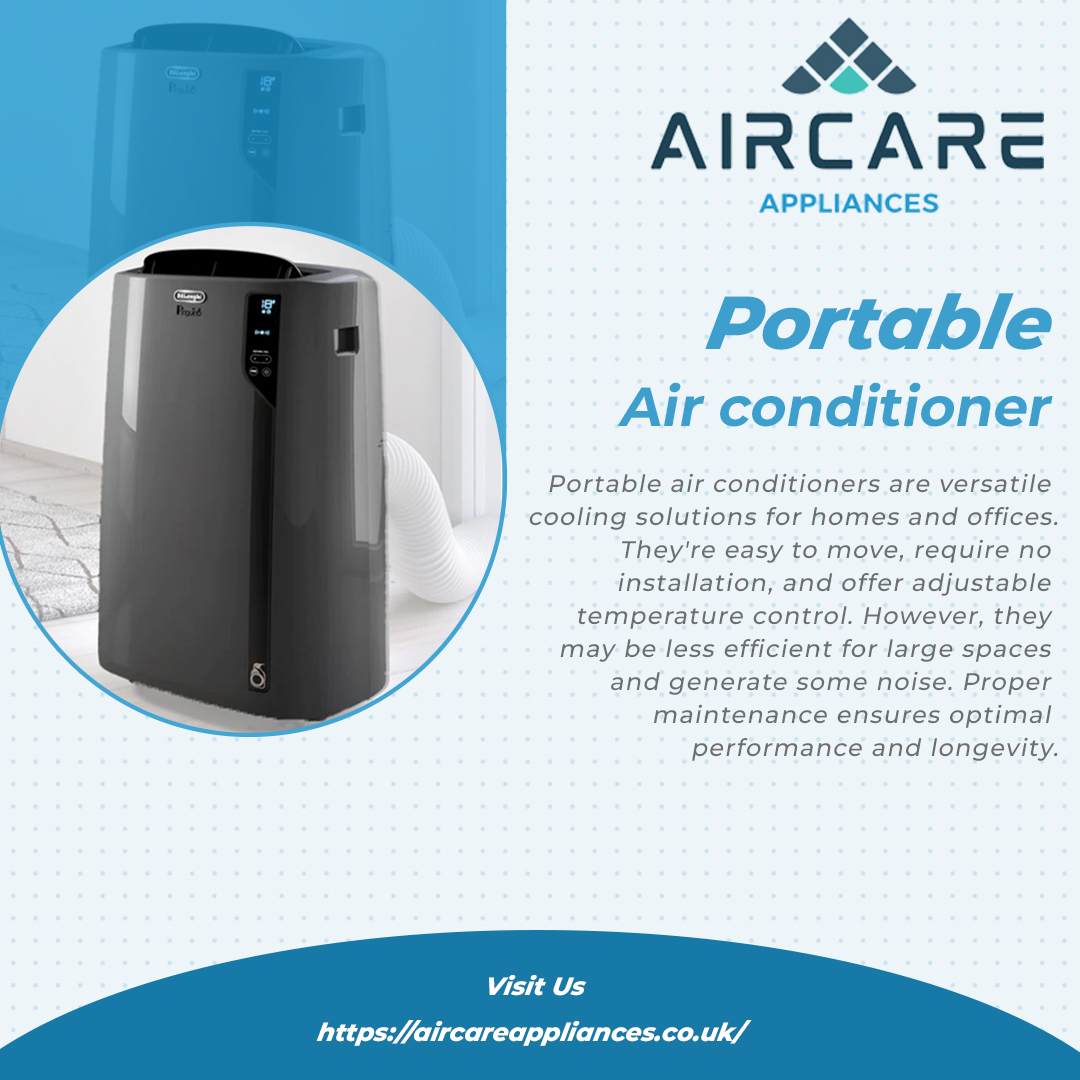The Efficiency of Electric Heaters
Electric heaters are known for their energy efficiency, making them a popular choice for many. Their efficiency stems from the fact that they convert nearly all the electricity they consume into heat, leaving very little wastage. Unlike some other heating options, such as gas or oil furnaces, Electric heaters do not involve the combustion process, so there’s no heat loss through a chimney or exhaust, which adds to their energy efficiency.
Moreover, electric heaters do not require a complex distribution system for heat, making them a simple and cost-effective choice for heating specific areas in a home or office. When used appropriately, they can be an economical and eco-friendly way to keep warm.
Types of Electric Heaters
- Portable Space Heaters: Portable space heaters are a common choice for heating small to medium-sized spaces. They come in various forms, including radiant heaters, convection heaters, and fan-forced heaters. These heaters are easily moved from room to room, providing localized warmth wherever it’s needed. Some models even come with adjustable thermostats and timers for added convenience.
- Baseboard Heaters: Baseboard heaters are a discreet and efficient way to heat individual rooms. They are typically installed along the baseboards of a room and rely on convection to circulate warm air. These heaters are especially useful in rooms with limited space for other heating solutions.
- Radiant Panels: Radiant panels use infrared technology to warm objects and people directly, similar to the way the sun heats the Earth. They are often used in larger spaces like garages or workshops. Radiant panels are efficient because they heat objects rather than the entire room, reducing energy consumption.
- Wall-Mounted Heaters: Wall-mounted heaters are a great choice for both residential and commercial settings. They can be installed at any height on the wall, providing flexibility in terms of placement. These heaters are known for their quick heating capabilities and are often controlled with a remote for ease of use.
Safety Considerations
While electric heaters are generally safe, it’s essential to follow safety guidelines to prevent accidents and fires. Here are some key safety tips:
- Keep Flammable Materials Away: Maintain a clear space around the heater, free from flammable materials like curtains, papers, and furniture.
- Regular Maintenance: Ensure your Electric heaters is in good working condition by scheduling regular maintenance and cleaning. Dust and debris can accumulate, leading to reduced efficiency and potential safety hazards.
- Use a Thermostat: Most electric heaters come with a thermostat, which allows you to set a specific temperature. Using a thermostat helps prevent overheating and reduces energy consumption.
- Avoid Extension Cords: Plug your electric heater directly into a wall outlet, and avoid using extension cords or power strips, which can overheat.
- Childproofing: If you have children or pets, take extra precautions to keep them away from the heater. Consider using heaters with cool-touch exteriors.
- Carbon Monoxide Detectors: While electric heaters themselves do not produce carbon monoxide, make sure your home has functioning carbon monoxide detectors, especially if you use other heating sources like gas appliances.
Energy Efficiency and Cost Savings
Electric heaters are not only energy-efficient but can also offer cost savings when used correctly. Here are some strategies to maximize their efficiency:
- Zone Heating: Electric heaters are perfect for zone heating, where you only heat the rooms you’re using. This can significantly reduce energy consumption compared to heating the entire house.
- Proper Insulation: Ensure your home or office is adequately insulated to retain heat. Well-insulated spaces require less energy to maintain a comfortable temperature.
- Programmable Thermostats: Invest in programmable thermostats that allow you to set heating schedules, reducing energy use when you don’t need it, such as when you’re sleeping or away from home.
- Regular Maintenance: Keep your electric heater well-maintained to ensure it operates efficiently. This includes cleaning filters, vents, and any dust buildup.
Conclusion
Electric heaters provide an efficient and reliable solution for staying warm during the colder months. With various types available, you can choose the one that best suits your needs and space. By following safety guidelines, maximizing energy efficiency, and making smart heating choices, you can enjoy a cozy and cost-effective heating experience throughout the winter. Electric heaters are a testament to the evolution of heating technology, offering comfort, convenience, and eco-friendly warmth.

